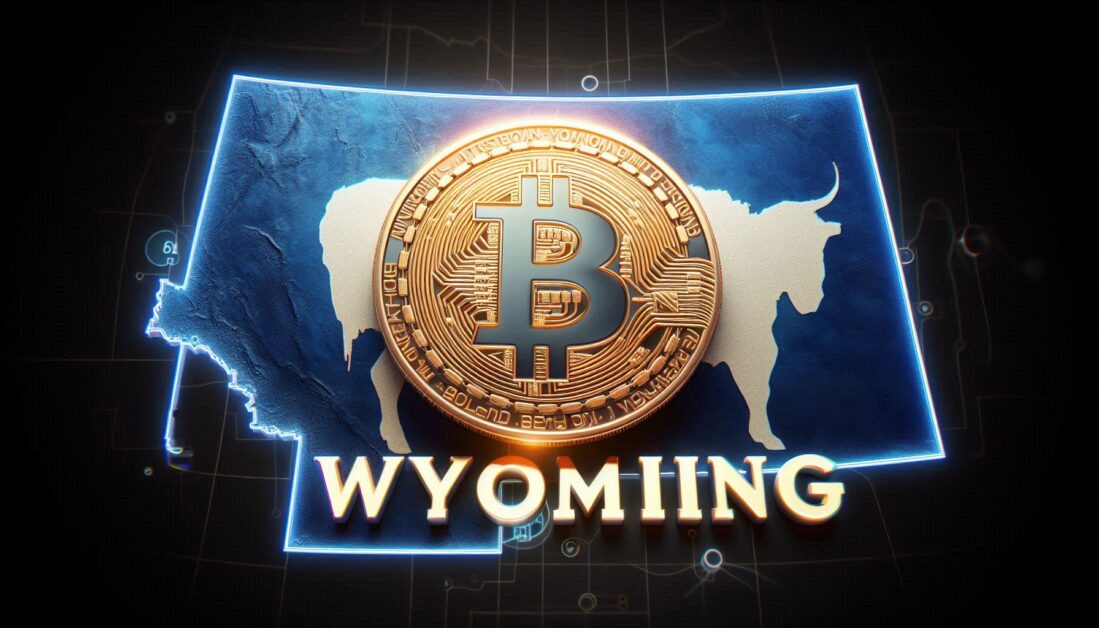The world of digital finance has given rise to many new terms, and “crypto coin” is one of them. Crypto coins have grown in popularity and use over recent years, primarily due to their decentralized nature, security features, and the potential for financial freedom. But what exactly is a crypto coin, how does it work, and what makes it different from traditional currencies? This article dives into the basics of crypto coins, helping you understand their functions and significance.
Understanding Crypto Coins: A Brief Overview
At its core, a crypto coin, often referred to simply as “coin,” is a form of digital currency created using cryptographic technology. Crypto coins exist on decentralized networks based on blockchain technology, which is a system of recording information that makes it difficult or impossible to alter, hack, or cheat the system. Crypto coins allow secure, peer-to-peer transactions over the internet without the need for a central authority, like a bank.
Key Characteristics of Crypto Coins
Crypto coins are different from traditional forms of money in a few key ways:
- Decentralization: Crypto coins operate on decentralized networks, meaning no single entity, like a government or bank, has control over them.
- Security: Transactions made with crypto coins are secured using cryptographic techniques, making them highly secure.
- Transparency: The blockchain ledger, where crypto coin transactions are recorded, is public, allowing anyone to verify transactions.
- Limited Supply: Many crypto coins have a fixed supply, making them potentially less susceptible to inflation compared to fiat currencies.
How Crypto Coins Work
Crypto coins work through blockchain technology. Here’s a simplified breakdown:
- Blockchain Technology: When you make a transaction with a crypto coin, it gets recorded on a blockchain. This blockchain is a shared digital ledger that tracks all transactions across the network.
- Mining: For some crypto coins, like Bitcoin, new coins are generated through a process called “mining.” This process involves solving complex mathematical puzzles, and miners are rewarded with crypto coins for their work.
- Wallets and Addresses: To store and use crypto coins, you need a digital wallet, which gives you a unique address on the blockchain. You can send and receive crypto coins through this address.
Types of Crypto Coins
Not all crypto coins are the same, and different coins serve different purposes. Here are some of the most well-known types:
1. Bitcoin (BTC)
Bitcoin is the first and most well-known crypto coin. Launched in 2009 by an anonymous person (or group) named Satoshi Nakamoto, Bitcoin is often referred to as “digital gold” due to its fixed supply of 21 million coins. It’s widely used for peer-to-peer transactions and is the most recognized store of value in the cryptocurrency world.
2. Altcoins
Any crypto coin that isn’t Bitcoin is generally referred to as an “altcoin.” Examples include Ethereum (ETH), Litecoin (LTC), and Ripple (XRP). Many altcoins were created to improve upon or serve as alternatives to Bitcoin.
3. Stablecoins
Stablecoins are crypto coins designed to maintain a stable value, typically pegged to a traditional currency like the U.S. dollar. Tether (USDT) and USD Coin (USDC) are common stablecoins. They offer a way to avoid the volatility seen in other cryptocurrencies while still benefiting from blockchain technology.
4. Privacy Coins
Privacy coins focus on providing anonymous transactions by hiding transaction details, such as the amount sent and the identities of the sender and receiver. Monero (XMR) and Zcash (ZEC) are popular privacy coins.
The Difference Between Crypto Coins and Tokens
A common point of confusion in the cryptocurrency space is the distinction between coins and tokens:
- Crypto Coins: Typically have their own blockchain and are used primarily as a form of digital currency (e.g., Bitcoin and Ethereum).
- Crypto Tokens: Generally exist on other blockchain networks and often represent assets or utilities within a specific project (e.g., Chainlink on Ethereum).
Tokens are not mined like coins and can be created by any project or developer using smart contracts on an existing blockchain.
Why Are Crypto Coins Important?
Crypto coins offer several benefits that make them valuable in today’s digital landscape:
- Financial Freedom: They allow people to transact without intermediaries, giving users more control over their finances.
- Lower Transaction Fees: Many crypto coins allow for lower transaction fees than traditional payment methods.
- Global Transactions: Crypto coins make it easy to send money across borders without the need for currency exchange or banking hours.
- Investment Opportunities: With limited supplies and growing interest, many view crypto coins as investment assets with high potential returns.
How to Buy and Store Crypto Coins
Buying Crypto Coins
You can buy crypto coins on cryptocurrency exchanges like Coinbase, Binance, and Kraken. Here’s a basic overview:
- Set Up an Account: Sign up on a cryptocurrency exchange and complete any verification steps.
- Deposit Funds: Deposit funds into your account using a bank transfer, credit card, or other supported method.
- Purchase Coins: Once your account is funded, you can purchase crypto coins by selecting the coin you want and placing an order.
Storing Crypto Coins
Storing crypto coins requires a digital wallet. There are different types of wallets, each with its own advantages:
- Hot Wallets: These are internet-connected wallets, often found on exchanges or mobile apps. They’re convenient for frequent trading but can be more vulnerable to hacks.
- Cold Wallets: These are offline wallets, such as hardware wallets, that store coins offline. They’re considered the safest option for long-term storage.
Crypto Coins as an Investment
Crypto coins have become popular investment assets, often compared to stocks or commodities. However, they are highly volatile, meaning their value can rise and fall dramatically in short periods. For this reason, it’s crucial to do thorough research and understand the risks before investing in crypto coins.
Diversifying Your Crypto Portfolio
Many investors diversify their crypto portfolios by holding multiple types of coins. This approach can help mitigate the risk associated with any single cryptocurrency’s volatility.
The Risks and Challenges of Using Crypto Coins
While crypto coins offer numerous advantages, there are also risks and challenges:
- Volatility: Prices of crypto coins can be highly volatile, leading to potential losses.
- Security Risks: Though secure, cryptocurrencies are still vulnerable to hacking if not properly stored.
- Regulation Uncertainty: Cryptocurrency regulations vary by country, and future regulations could impact their usage and value.
The Future of Crypto Coins
As technology advances, crypto coins are likely to evolve and become more integrated into our daily lives. Here are a few potential trends:
- Mass Adoption: As more businesses accept crypto coins, they could become a mainstream payment method.
- Improved Scalability: Upcoming upgrades and new blockchain technologies may help crypto networks process transactions faster and more efficiently.
- Increased Regulation: Governments may introduce regulations to provide clearer guidelines for cryptocurrency use and to protect users.
Conclusion
Crypto coins represent a significant shift in how we think about money, assets, and transactions in the digital age. As decentralized digital currencies, they offer a high level of freedom, security, and flexibility compared to traditional financial systems. However, they also come with unique challenges, including volatility and regulatory uncertainty. Whether you’re interested in investing, transacting, or just staying informed, understanding crypto coins is essential as they continue to play an influential role in the future of finance.
Exploring the world of crypto coins can be both exciting and complex. By learning more about how they work and their benefits and risks, you can make informed decisions and take advantage of the opportunities they offer.



